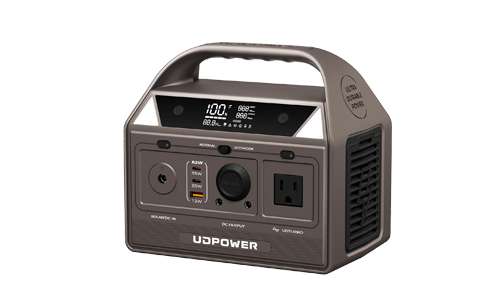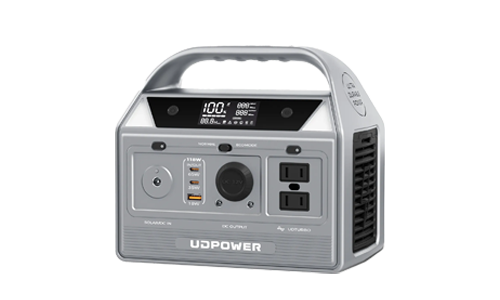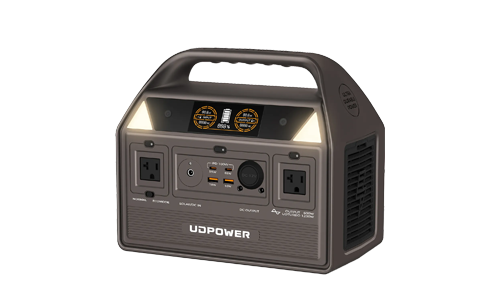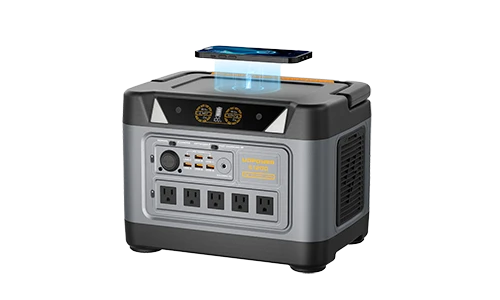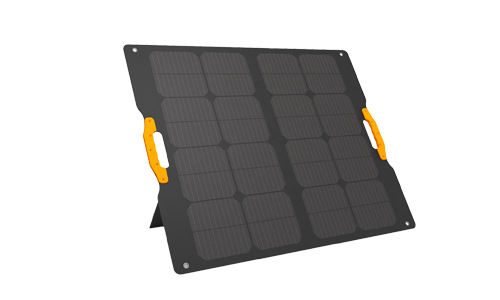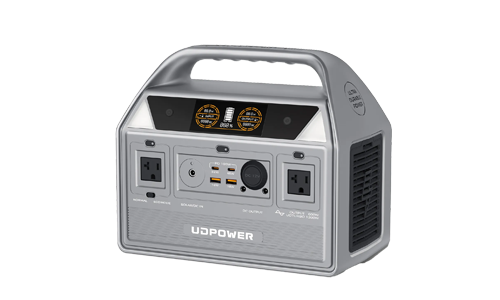Ultimate Camping Supplies List: Complete Checklists for Every Camper
ZacharyWilliamThis master list covers car camping, backpacking, family trips, RV camping, winter camping, accessible/adaptive camping, pet-friendly trips, and emergency preparedness. Use the checkboxes to plan, then tailor by season, location, and group size.
Table of Contents
Core Essentials (All Campers)
Shelter & Sleep System

Tents & Shelters
- 3-season or 4-season tent (capacity sized for group + gear)
- Rainfly with full coverage; seam-sealed if needed
- Footprint/groundsheet sized to tent floor
- Extra stakes (aluminum/steel) & reflective guylines
- Tarps/awnings; hammock + bug net (optional)
Sleep System
- Sleeping bag/quilt (comfort temp close to forecast low)
- Sleeping pad (insulated; R-value matched to season)
- Liner for warmth/hygiene; pillow or stuff-sack pillow
- Earplugs, eye mask; spare dry sleep socks
- Hot water bottle (cold nights), bivy sack (minimalist)
Kitchen & Food

Cooking & Storage
- Stove (canister/liquid fuel) or camp grill; windscreen
- Fuel (check levels), lighter, stormproof matches, firestarter
- Pots/pan (nonstick or hard-anodized), kettle, percolator/press
- Cutting board, chef knife, spatula, tongs, can/bottle opener
- Bowls/plates/mugs; insulated bottle
- Cooler/ice packs (car/RV); bear-safe container where required
- Zip bags, dry sacks; spice kit, oil, condiments
Food Ideas
- Dehydrated meals, pasta/rice sides, instant oats
- Jerky, tuna/salmon pouches, hard cheeses, nut butters
- Trail mix, bars, fruit, tortillas/crackers
- Fresh items for car/RV: eggs, veggies, pre-marinated proteins
- Hot drinks: coffee/tea/cocoa; electrolytes
Water & Hygiene
- Water filter (pump, squeeze, gravity), purifier (UV/chem) as needed
- Collapsible water cubes for basecamp; dedicated gray-water jug
- Biodegradable soap, small sink/basin, quick-dry towel
- Toothbrush/paste, floss; face/body wipes; deodorant
- Menstrual products, pee funnel (optional), wag bags where required
- Camp shower/solar shower (optional), moisturizer

Clothing by Season
| Layer | Warm/Dry | Cool/Wet | Cold/Winter |
|---|---|---|---|
| Base | Lightweight synthetic/merino tee & briefs | Long-sleeve sun hoodie; UPF hat | Thermal top/bottom (merino/synthetic) |
| Mid | Light fleece or active insulation | Grid fleece; light puffy | Lofted insulated jacket + fleece |
| Shell | Windshirt (optional) | Waterproof-breathable jacket/pants | Storm-rated shell; insulated pants optional |
| Lower | Trekking pants/shorts | Quick-dry pants; gaiters (mud) | Insulated or softshell pants; thermal socks |
| Footwear | Trail shoes/hikers + camp shoes | Waterproof hikers; spare socks | Insulated boots; vapor barrier socks (extreme) |
| Accessories | Cap, sunglasses | Rain hat, umbrella (optional) | Beanie, neck gaiter, liner & insulated gloves |
Navigation & Safety
- Paper map/park brochure; compass; GPS/app with offline maps
- Whistle, signal mirror, small glow stick
- Personal locator beacon or satellite messenger (remote areas)
- Fire safety: local rules, fire pan, shovel, water bucket
- Wildlife protocols: bear spray (where legal), food storage systems

Power & Lighting
Tip: For multi-device charging, consider a compact portable power station so lights, phones, GPS, cameras, and CPAPs stay powered through the trip.
- Headlamps/lanterns/flashlights; spare batteries
- Rechargeable power bank(s); car charger
- Portable power station & solar panel (basecamps/RV)
- All relevant cables (USB-C/Lightning/micro-USB/DC/AC)
How to Get Power When Camping Off-Grid?
Recommended Rugged Portable Power Stations

For reliable, quiet energy on any camping trip, choose UDPOWER LiFePO₄ portable power stations. Specs verified from official product pages.
| Model | Battery / Cycle Life | Capacity | AC Output (Rated / Peak) | Weight | Why for Camping |
|---|---|---|---|---|---|
| UDPOWER C400 | LiFePO₄ / 4,000+ cycles | 256Wh | 400W / 800W (UD-TURBO) | ≈6.88 lbs | Hand-sized; includes 12V car jump-starter; up to 150W solar input (with compatible panels) |
| UDPOWER C600 | LiFePO₄ / 4,000+ cycles | 596Wh | 600W / 1,200W peak | ≈12.3 lbs | Great balance of size & power for weekend basecamps; multiple DC/USB outputs |
| UDPOWER S1200 | LiFePO₄ / 4,000+ cycles | 1,190Wh | 1,200W / 1,800W (UDTURBO) | ≈26.0 lbs | 5×AC + 10×DC ports, UPS switchover <10ms; ideal for CPAP/basecamp & home backup |
Notes: Use panels within each model’s supported voltage/watt range; always check the product page before connecting third-party solar panels.
First Aid & Repair Kits

First Aid
- Bandages, gauze, tape, antibiotic ointment, antiseptic wipes
- Blister kit (moleskin/hydrocolloid); elastic wrap
- Pain relief, antihistamine, anti-diarrheal, electrolytes
- Personal meds, EpiPen/inhaler if prescribed
- Tweezers, small scissors, thermometer, gloves
Repair
- Duct tape/tenacious tape; zip ties; mini cordage
- Patch kit (sleeping pad/tent); spare stakes
- Sewing kit; spare buckles
- Multi-tool; knife; mini driver with bits
Comfort & Campsite Extras
- Camp chairs, table, hammock
- Tarp/awning for shade/rain
- Doormat to keep dirt out of tent/RV
- Games, cards, book, journal, binoculars, camera
- Marshmallow sticks; spices & sauces kit
Specialized Checklists
Car Camping
Backpacking / Thru-hike
Family & Kids
RV & Vanlife
Winter & Shoulder Season
Camping with Pets
Accessible / Adaptive Needs
3-Day Meal Planning Template
| Meal | Day 1 | Day 2 | Day 3 |
|---|---|---|---|
| Breakfast | Oats + fruit + coffee | Egg scramble + tortillas | Pancakes + syrup |
| Lunch | Wraps (tuna/cheese) | Ramen + add-ins | Cold cuts + veggies |
| Dinner | Pasta + sauce + salad | Chili + cornbread | Rice + curry pouches |
| Snacks | Trail mix, bars, jerky, fruit, cookies | ||
| Drinks | Water, electrolytes, tea/coffee/cocoa | ||
Packing & Weight Tips
- Follow the “Big Three”: shelter, sleep system, and pack—optimize these for the biggest weight savings.
- Use packing cubes/dry sacks by function (sleep, kitchen, clothes, first aid).
- Balance backpack weight: heavy items close to your spine and mid-back.
- Pre-portion meals and fuel; share group gear (stove, water filter, tent).
- Leave No Trace: pack out all trash, micro-trash, and food waste.
Quick FAQs
How much water should I bring?
Plan ~2–3 liters per person per day, more in hot or high-exertion conditions. If natural sources exist, bring a filter and carry enough to reach the next source safely.
Do I need a bear canister?
Check local regulations. In many areas, approved canisters or specific food storage methods are required. When car camping, never leave food unattended in accessible places.
What’s the simplest way to power devices?
For basecamps/RVs, a compact portable power station plus a folding solar panel keeps phones, lights, cameras, and small appliances running without a generator’s noise.
Use this checklist as a starting point and tailor to your climate, trip length, and group needs. Have an amazing—and well-prepared—camping trip!
Continue Reading:








